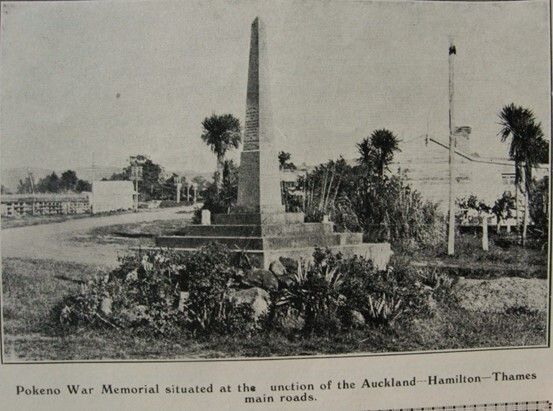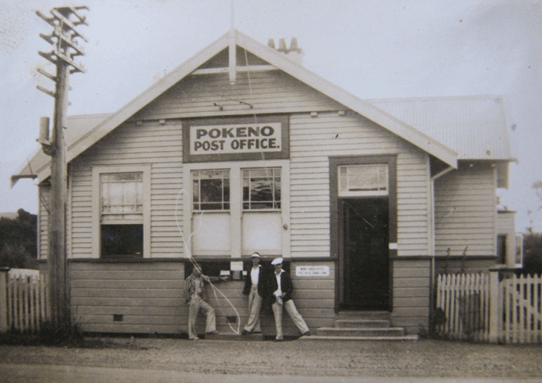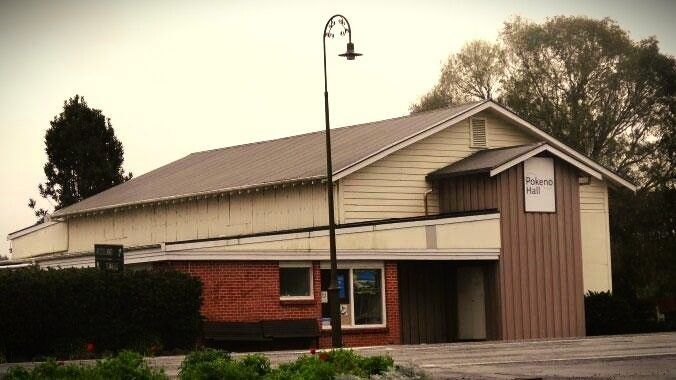Pōkeno

The fertile valley floor in the vicinity of Pokeno has most likely been occupied by Maori since the earliest days of their settlement of Aotearoa. Pokeno is geographically close to the Tamaki isthmus, the lower Waikato River and the Hauraki Plains, all areas densely occupied by Maori in pre-European times. Traditionally, iwi of Waikato have claimed ownership of the area. Prior to and following 1840, that iwi was Ngati Tamaoho, including the hapu of Te Akitai and Te Uri-a-Tapa. The town’s name derives from the Maori village of Pokino located north of the present town centre, which ceased to exist on the eve of General Cameron’s invasion of the Waikato in July 1863.
Pōkeno is transforming into a vibrant and people-centric community destinations which hosts a variety of successful businesses and industrial ventures. Waikato District Council is proud to be working alongside the Pōkeno Community Committee and Mana Whenua to retain and enhance the identity of the township.
Known for its phenomenal ice creams, bacon and sausages that have seen people stop during their travels between Hamilton and Auckland, Pōkeno has even been referred to as the ice cream capital of New Zealand!

Pokeno Progress by Radio NZ
Pokeno is located off State Highway One, 53 kilometres south of Auckland. There were fears the village would die when it was by-passed by the motorway 18 years ago.
Now, it's estimated Pokeno's population will be between 5000 and 6000 by 2046.
Dines Group project manager, Colin Botica says people are waiting for new stages of the development to be released.

Pokeno Hall History
Erected in 1898, and was presented to the district by Mrs. Harriet Johnston. It stands on an acre of land, and has accommodation for 180 persons. Click here for more details
Queen's Redoubt In New Zealand History
For Inquiries.
Submit your inquires from the online form or email us directly. Thank you



